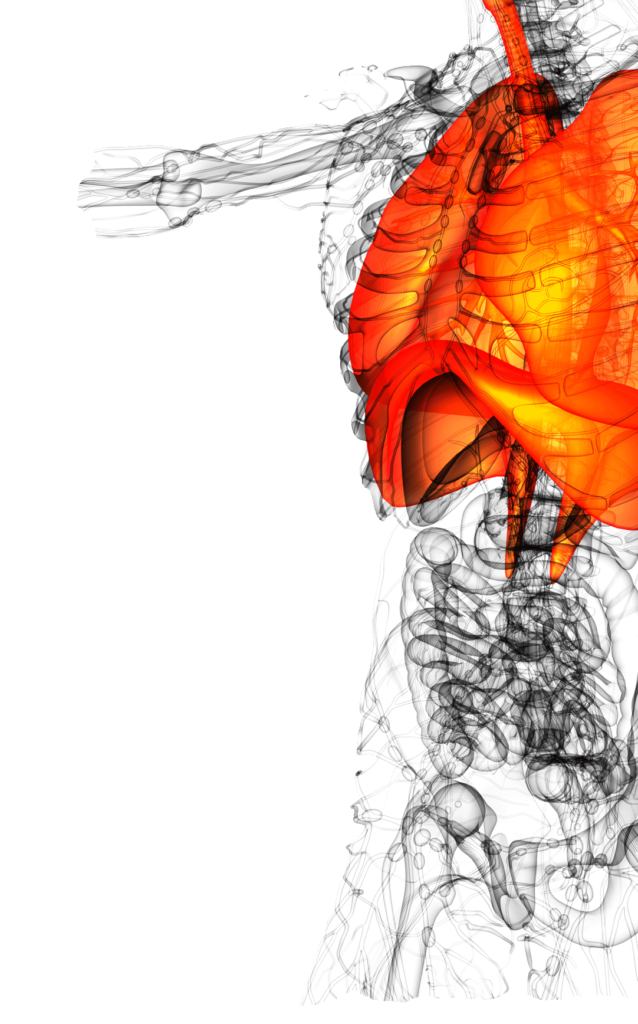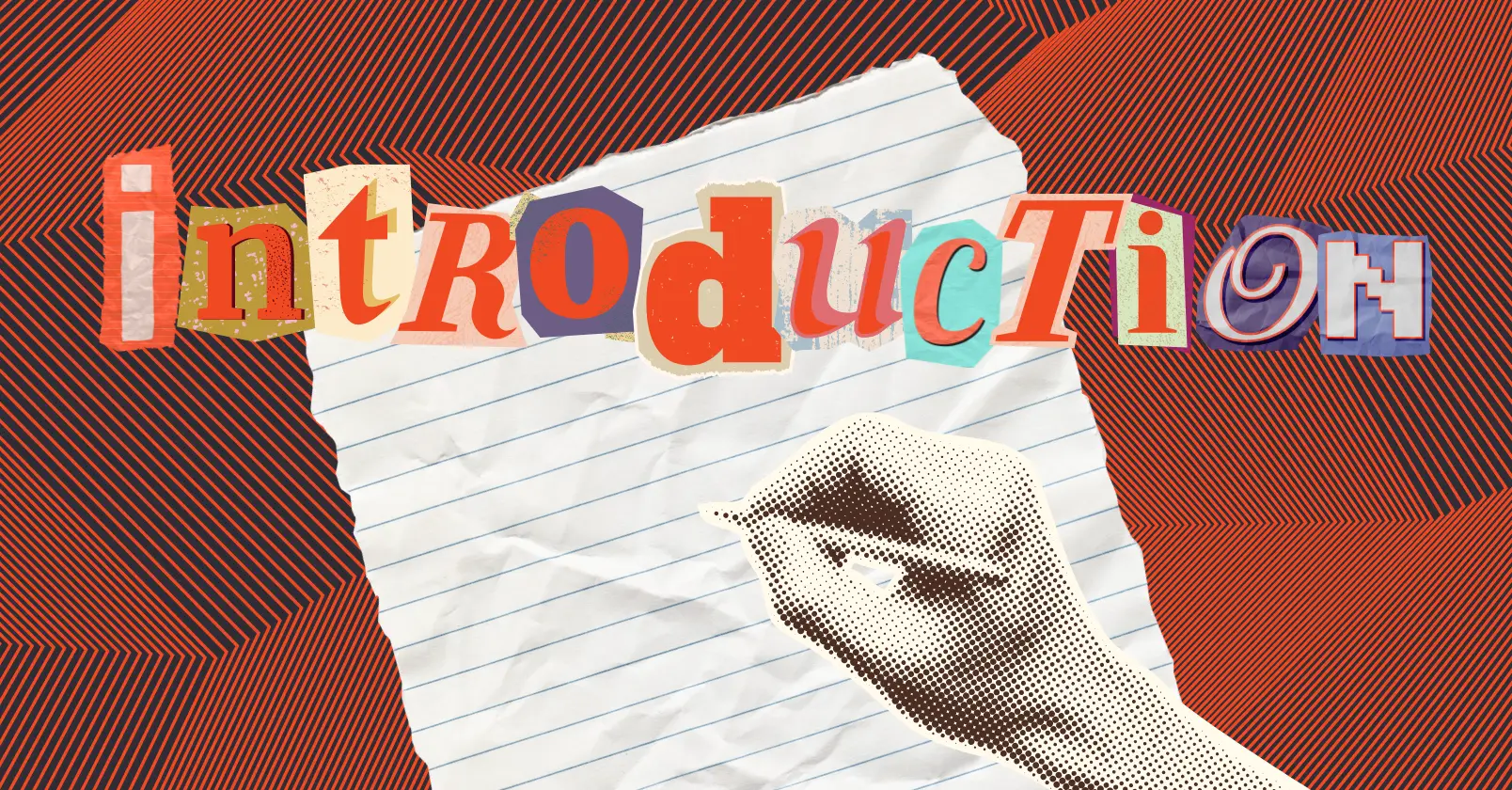
Seventeen percent louder

Here is our challenge for every day voice users: Research shows that speaking on-line requires you to speak 17% louder than in normal face to face engagement.
OK, that’s easy. We could just get louder. But wait a moment. It’s not that easy. You see, being at a desk on a virtual call actually does things that make us lose volume.
Firstly, when we are seated, this often brings on bad posture which takes away our power and withdraws our airflow and muscle control, which in turn undermines volume for your instrument.
Hmmmm. Now, this gives a challenge that seems insurmountable. But it is not if you realise you have all the instrument and you are in more control than you think.
I often hear clients say “I have a small voice.”
NO SUCH THING.
One fallacy is about God-given talent. Fascinatingly, I read once that if you chopped up the throat of Pavarotti, you would find is he had the same instrument as the rest of us. We are all the same.
Another fallacy is about size. Maria Callas was sometimes said to have lost her voice when she lost her weight. This, however, was not about size, but other factors and, here’s another fact, small people have the same volume as bigger people. Some of our greatest opera singers who could seriously belt it out included June Bronhill (150 cm or 4’11”) and Rita Hunter, another Australian who belted out Wagner all over the world and wasn’t much bigger. As they say ‘size doesn’t matter’. . . . when it comes to vocal volume anyway.
Interestingly, research in 2013 showed that height, however, will have an impact on pitch, but that’s another topic.
There is no getting past it, you just need to learn to play your instrument.
Ok, here’s the go: Vocal volume is simply defined by the amount of air that comes out of the body in bursts of pressure. That’s it! That air escaping the body builds up pressure under the vocal folds and burst through the larynx, cut into waves by the vocal folds and those waves hit the ears of the people around you.
The more actual air pressure in each wave, the more the eardrum is pounded and the sound is interpreted as loud. Have a lot of pressured air in each spoken sound and you will be loud.
Withdraw the air from your vocal production and you will be soft.
So why do you go soft when in a virtual meeting? Well, what happens when we sit and are stressed is that the air stops. We freeze and this means jamming our diaphragm. This means that the most powerful took of respiration is disabled.
To get this to move again:
- Sit up straight
- Stand if possible
- Use your lower body for power, not your upper body.
- Drink water
- Don’t throw your head
- Keep breathing
What I've been up to!





